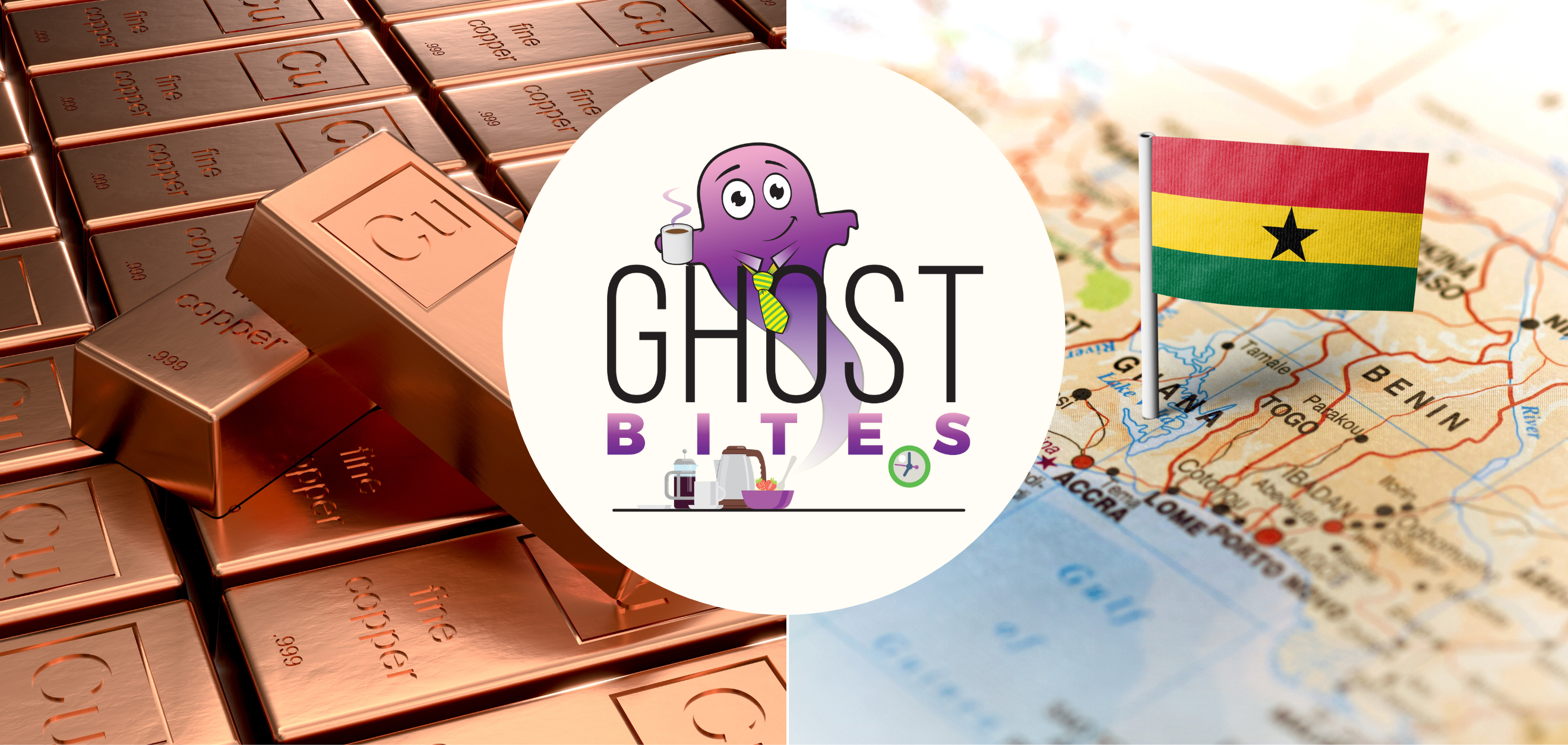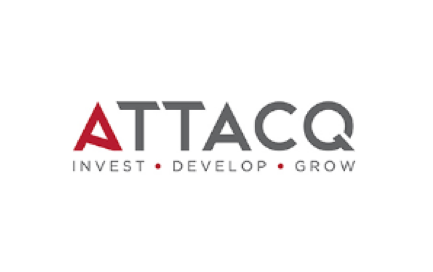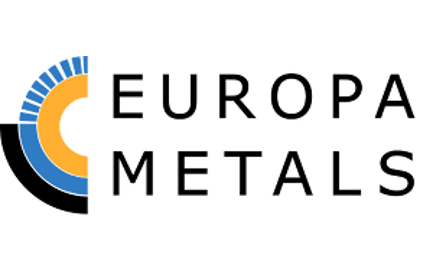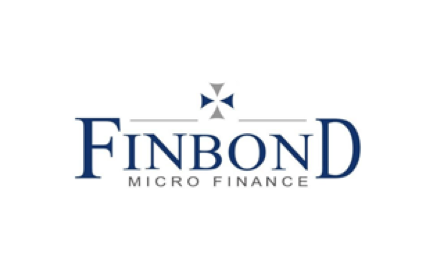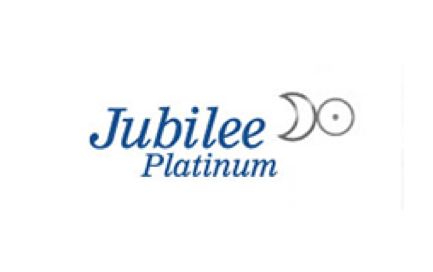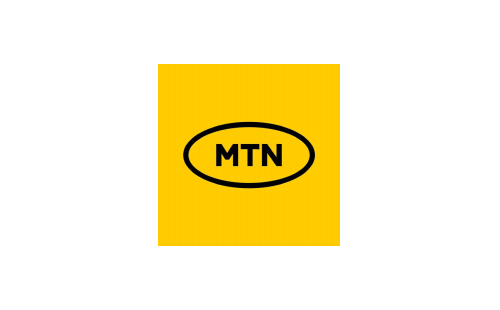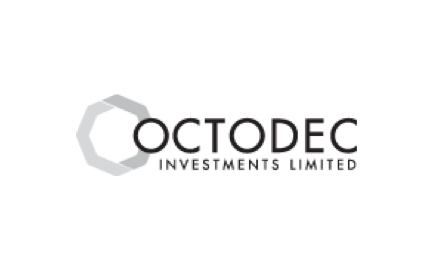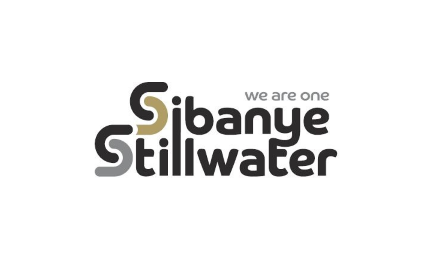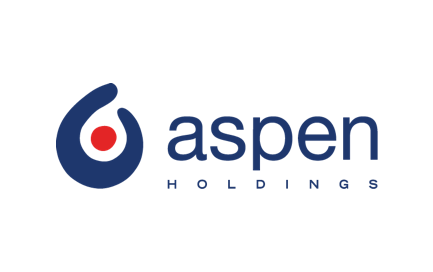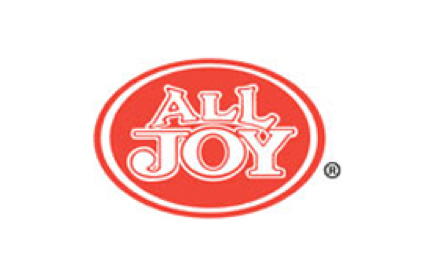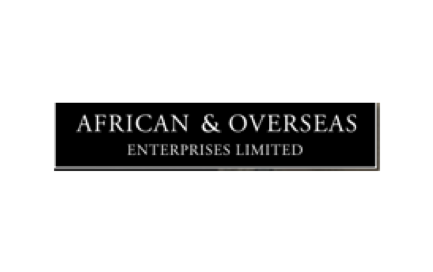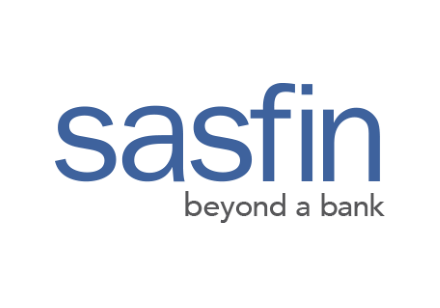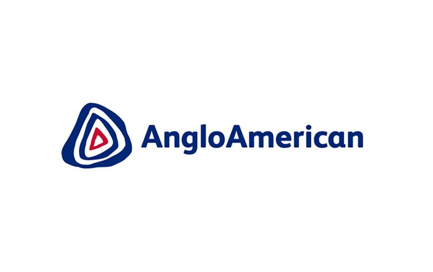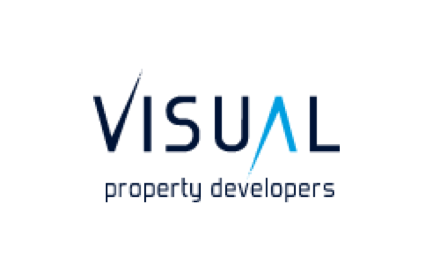Listen to the latest episode of Ghost Wrap here, brought to you by Mazars:
Attacq updates the market on debt levels after the GEPF deal (JSE: ATT)
The GEPF investment in Waterfall closed on 27 October
If you’ve been following Attacq, you’ll know that the sale of a 30% stake in Attacq Waterfall Investment Company to the GEPF at an attractive price has been a huge boost for the share price. Simply, the price paid for the portfolio was a much lower discount to NAV than the listed share was trading at. I’m pleased to say that I caught that jump in my own portfolio.
That transaction has now closed, with Attacq receiving R2.68 billion in cash. This was used to reduce debt, which is now at R6 billion vs. R8.4 billion as at 30 June 2023. This metric is calculated as drawn and committed facilities.
The change in debt profile has taken the weighted average loan term from 4.0 years to 2.7 years, with an average cost of debt of 9.9% vs. 10.3% as at 30 June 2023.
Europa Metals reports a large loss, but that’s normal in junior mining (JSE: EUZ)
The focus is always on progress with developing the resource
For Europa Metals, the year ended June 2023 was one of drilling campaigns and the execution of a farm-in arrangement with Denarius Metals Corp. This gives Denarius the right to acquire up to an 80% ownership stake in the Toral Project. This would leave Europa Metals with a 20% stake.
The first option is for a 51% stake with an initial exercise period of three years conditional upon certain operational milestones being achieved. The second option can be exercised for a year after the exercise date of the first option, with further other conditions.
Although this de-risks the project, it also shows how dilutionary junior mining is for early-stage shareholders. The difference here is that dilution is happening at project level rather than listed level. The end result is the same.
The current numbers aren’t the focus area, but for the sake of completeness I can report that the total comprehensive loss for the year was $3.38 million vs. $2.5 million in the comparable year.
Finbond moves ahead with a large repurchase from two shareholders (JSE: FGL)
This group is making sensible decisions
There are signs of capital allocation maturity at Finbond. For example, the company has walked away from the Trustco Finance Namibia acquisition. Although the massive specific repurchase of 38.55% of total shares outstanding from two shareholders isn’t hot off the press, this feels like a much better use of capital when the share price has taken such strain.
When you combine this with the green shoots in the US part of this business, Finbond is starting to make a case for itself as a highly speculative punt. The 52-week range is R0.24 to R0.55 and the current share price is R0.29.
The share repurchase from Net1 Finance Holdings (part of JSE-listed Lesaka Technologies – JSE: LSK) and the Massachusetts Institute of Technology (yes, the MIT – it’s a long story) is priced at R0.2911 per share. That’s in line with the current price, though it’s a 19% discount to the 30-day VWAP up to Wednesday 9th August when the pricing was agreed between the parties.
This repurchase will set Finbond back R99 million and will be funded from existing cash resources.
A circular will be sent to shareholders by 8 November. It will include an opinion by Merchantec as independent expert on whether the repurchase is fair and reasonable to other shareholders.
Just one quarter into the year, Jubilee feels good about full-year guidance (JSE: JBL)
It seems to be mainly good news in this update
For the quarter ended September, which is the first quarter of Jubilee’s financial year, things are looking decent for the company. It’s encouraging when full-year guidance is maintained after the end of the first quarter, as it suggests that things are going to plan.
Although there’s some pretty dicey maths in here, like a comment that production of chrome concentrate increased from Q4’23 to Q1’24 when it clearly decreased, the overall theme is an increase in production and flat or higher commodity prices vs. the preceding quarter. It’s interesting that they use Q4’23 as the comparison for metrics rather than Q1’23. So interesting, in fact, that they appear to have confused themselves in the process.
In terms of operational margin, copper is the juiciest fruit to squeeze with a 25.5% gross margin (way up from 19.5% in Q4’23). PGM is next at 15.2%, also higher than 12.3% in Q4’23. Chrome is the lowest margin at 12.7%, down from 13.5% in Q4’23.
The group is expanding the chrome operational footprint and is in discussions to conclude further life-of-mine partnerships in this space. In Zambia, they hope to replicate the success of the model used for chrome in South Africa, which focuses on securing metal-containing ore that has been deemed as waste by current or previous operators
There’s some pretty fancy technology in this group. I don’t pretend to understand any of it, but it certainly sounds impressive and they are winning contracts.
MTN Ghana is almost keeping up with in-country inflation (JSE: MTN)
But alas, “almost” isn’t good enough
For investors in MTN, the ongoing challenges at MTN Nigeria are an excellent reminder that business in Africa is risky. These economies can have great growth rates, but it doesn’t help if the currency collapses or inflation goes through the roof.
Exhibit A: MTN Ghana. Revenue is up 36.1% and EBITDA grew 32.6%, which sounds fantastic at first blush despite EBITDA margin dropping by 150 basis points to 56%. Sadly, inflation in the September quarter was 38.1% in Ghana, so this is negative real growth.
This makes sense in the context of mobile subscriber numbers falling by 9.3% thanks to the impact of SIM re-registration. Active data subscribers increased by 2.7% at least and Active Mobile Money users increased by 16.3%.
MTN Ghana is effectively just treading water operationally, with a 51.5% increase in net finance costs not doing the net profit story any favours.
MTN Ghana is 24.1% locally owned, with the rest held by MTN Group.
Octodec increases the dividend payout ratio (JSE: OCT)
This approach is becoming increasingly common in an effort to show distribution growth
Like most things right now, the property sector is taking a lot of strain. Distributable income is down at many funds, with inflationary pressures on operating costs and higher finance costs than before. Even though we’ve seen a decent post-pandemic recovery across most property types, there are now other reasons why things aren’t easy.
Most investors focus on the distribution per share, but you can’t view that in isolation. If the payout ratio has been increased, you can easily have a scenario where the distribution is higher but the income off which it is based has decreased. This is the case at Octodec, where distributable income per share has fallen from 175.1 cents to 171.2 cents for the year ended August 2023 and the dividend has increased from 130 cents to 135 cents per share.
The net asset value (NAV) has increased from R23.28 per share to R24.24. The current share price is around R9, so that tells you what the market thinks of the NAV. The current share price implies a yield of 15%. The yield would be ridiculously low if this fund actually traded at NAV, which is exactly why the market has little interest in that number.
In terms of prospects, Octodec anticipates between 3% and 5% growth in the distribution for the six months ending February 2024. If you read carefully, they expect flat distributable income per share. In other words, ongoing growth in the cash distribution remains a function of an increasing payout ratio.
Sibanye-Stillwater says yes to copper in Australia, plus there’s a local PGM deal with Amplats (JSE: SSW)
Finally, some positive news from the company – but not enough to move the dial
Sibanye-Stillwater is in the middle of a very painful labour process in its South African operations. The share price has been smashed this year as the price of Platinum Group Metals (PGMs) has dropped. Although the company is involved in other metals as well, that’s the bulk of the business.
Despite the pressure in PGMs, Sibanye is still open to deals in that space. A deal announced in January 2022 with Anglo American Platinum (JSE: AMP) has been brought forward, with Sibanye acquiring a 50% share in the Kroondal pool and share agreement and taking full ownership of the Kroondal operation. There are a number of complicated terms linked to the deal that have been amended as part of bringing it forward.
Both companies are happy with the transaction, which just shows how two groups can have different views on the same asset, often informed by the circumstances in the rest of their businesses.
Sibanye is also trying to build revenue streams in so-called future metals, with investment in metals like lithium. The latest announcement is a copper deal in Australia, so that’s another deal in something other than PGMs and gold.
It’s not a new opportunity, as Sibanye obtained the option to acquire the Mt Lyell copper mine as part of the deal for New Century Resources. Mt Lyell is a previously operated underground copper mine (with gold by-products) that operated from 1894 until it was put on care and maintenance in 2014. That’s quite a lifespan!
A feasibility study regarding re-establishment of the operation is underway. Sibanye must be feeling good about that study as the option to acquire the mine has now been exercised. It looks like the price is $10 million, with Sibanye giving loan funding to New Century Resources to execute the deal.
It’s nice to read something positive from the company, although it would take a change in fortunes in the PGM industry to start reversing the 49% drop in the share price this year.
Little Bites:
- Aspen (JSE: APN) has announced that the acquisition of a portfolio of products in Latin America from Viatris (you surely recall the announcement about the rights to Viagra…) has now closed. In case any of these other names mean anything to you, the portfolio also includes commercialisation rights for Lipitor, Lyrica, Zoloft, Norvasc and Celebrex.
- AH-Vest Limited (JSE: AHL) has joined the naughty corner of companies that are late with their annual reports. Others at the moment are Rex Trueform (JSE: RTO), African & Overseas Enterprises (JSE: AOO) and Sasfin (JSE: SFN), though these three companies have communicated with the market about the issue already.
- Anglo American (JSE: AGL) announced that Stephen Pearce will step down as Finance Director and resign from the board. He’s been in the role since April 2017 and will remain with the group until the end of February 2024 to assist with the transition. It’s a pretty weird announcement, as they give absolutely no information about his replacement, John Heasley.
- Visual International (JSE: VIS) has a market cap of just R8.2 million, which must be one of the lowest on the JSE. The property development company is making losses and has a negative asset value per share. Somehow, the accounts are still prepared on a going concern basis. Notwithstanding the rezoning of one of the properties and the impact this has on the balance sheet, it sounds more like an ongoing concern to me.

